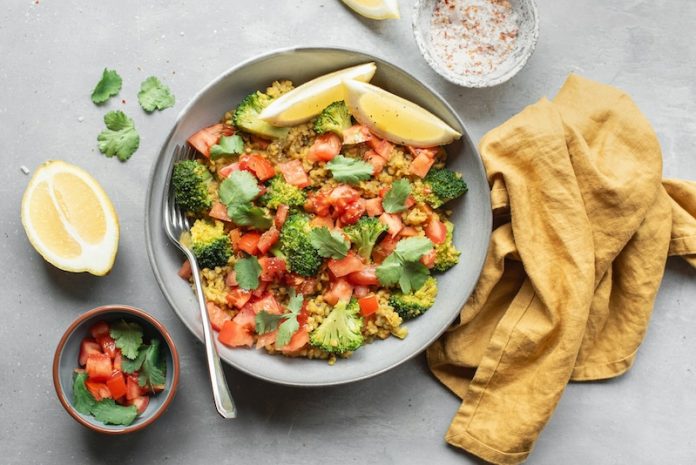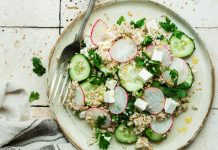
Maintaining heart health is a major concern for many, and diet plays a crucial role in cardiovascular well-being.
A vegan diet, which excludes all animal products, is often touted for its benefits, including heart health improvement.
But is it necessary to go fully vegan to keep your heart in good shape? This article explores the evidence and provides insights into how diet influences heart health.
Heart disease remains one of the leading causes of death worldwide. Factors like high blood pressure, high cholesterol, and obesity are significant contributors, and diet directly affects all of these.
Vegan diets have gained attention because they tend to be lower in saturated fat and cholesterol, both of which are linked to heart disease.
Research consistently shows that people who follow a vegan diet typically have lower cholesterol levels, lower blood pressure, and lower rates of heart disease.
For example, a large-scale study published in the Journal of the American Heart Association found that adhering to a plant-based diet was associated with a substantially lower risk of developing heart disease.
This is partly because vegan diets are rich in dietary fibers, antioxidants, and phytonutrients, all of which have beneficial effects on heart health.
One of the key benefits of a vegan diet is its impact on cholesterol levels. Animal products are the main source of dietary cholesterol and saturated fats, which can raise levels of “bad” LDL cholesterol in the blood.
By eliminating these foods, vegans generally have lower cholesterol levels. Additionally, plant-based foods are high in “good” HDL cholesterol and contain no dietary cholesterol at all.
Vegan diets also tend to be higher in certain nutrients that are beneficial for heart health. These include potassium, which helps control blood pressure; antioxidants, which protect against arterial damage; and plant sterols, which can help lower cholesterol.
Moreover, the high fiber content in a vegan diet not only helps regulate cholesterol levels but also helps maintain a healthy weight and digestive system, reducing heart disease risk further.
However, while the benefits are clear, going fully vegan is not the only way to achieve heart health.
The Mediterranean diet, for example, includes fish, poultry, dairy, and eggs in moderation but is also centered around plant-based foods, whole grains, and healthy fats like olive oil. This diet has also been shown to significantly reduce the risk of heart disease.
Similarly, the DASH (Dietary Approaches to Stop Hypertension) diet, which includes lean meats and dairy, is highly recommended for lowering blood pressure and reducing heart disease risk.
It’s important to note that simply being vegan does not automatically make a diet heart-healthy.
Vegan diets can also be high in refined sugars and saturated fats from processed foods, which can negate some of the potential heart health benefits. The key is to focus on whole, unprocessed foods and a balanced intake of nutrients.
In conclusion, while a vegan diet can be beneficial for heart health due to its potential to lower cholesterol and provide high amounts of dietary fiber and nutrients, it is not strictly necessary for everyone.
A well-planned diet that includes plenty of fruits, vegetables, whole grains, and healthy fats, whether vegan or not, can help maintain a healthy heart.
As always, individual dietary needs can vary, so it’s best to consult with a healthcare provider or a dietitian to create a diet plan that meets your specific health needs.
If you care about heart disease, please read studies that herbal supplements could harm your heart rhythm, and how eating eggs can help reduce heart disease risk.
For more information about heart health, please see recent studies that apple juice could benefit your heart health, and results showing yogurt may help lower the death risks in heart disease.
Copyright © 2024 Knowridge Science Report. All rights reserved.



